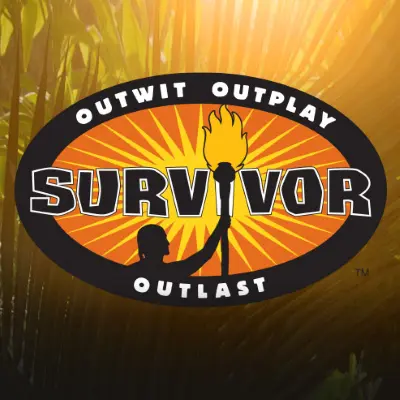Survivor protected the game rather than its players in handling its "#MeToo moment"
-

"Over the past three weeks, Survivor’s 39th season has leaned into its place in contemporary discourses surrounding race and gender, a conscious campaign to convince us of its capacity to reckon with racial insensitivity and sexual harassment," says Miles McNutt. "But given how these efforts played out in this week’s two-parter, 'We Made It To The Merge!,' the series’ current approach is incapable of reckoning with moments where meaningful dialogues intersect with a game of individual survival where outplaying your fellow castaways outweighs all over priorities. The result is a disastrous reach for a '#MeToo moment' that proves Survivor’s ability to reflect social realities, but in all the wrong ways, and with a truly toxic moral for those watching at home." In Wednesday's episode, Survivor's transparency over its handling of Dan Spilo's inappropriate touching of Kellee Kim is mistaken for accountability, says McNutt. "Why was Dan not warned by production when his inappropriate touching began, and production documented Kellee inventing a germophobia to escape it?" he asks. "Did none of the camera operators who observed his wandering hands in the shelter alert production to what they were seeing? Why was it the responsibility of the players to bring this issue to the attention of producers when there are cameras around recording everything that’s happening?" McNutt adds: "Survivor actually creates an even worse environment than the real world when it comes to allegations of this nature. Survivor takes the neoliberal mantras of personal responsibility that pervade society and presents them as the very nature of our existence. Like many competition reality programs, it balances elements of cooperation with an ethos of individualism, encouraging collaboration but ultimately teaching players that the only way to truly survive (read: win) is to look out for yourself. It’s this very ideology that encourages people to ignore when women (or men) speak out about sexual harassment, because that would mean sticking your neck out for someone else, and taking a moral stand in an environment where such morality is perceived as either a threat, a weakness, or both. And while this exists in workplaces and social groups and even families, Survivor reduces every waking hour of its 39 days to this type of thinking."
ALSO:
- Will reality TV ever learn how to handle misconduct allegations?: "As this week’s Survivor proved, reality shows can resemble the 'real' world a bit too much—like when a woman comes forward with harassment allegations and is punished for it," says Laura Bradley. She adds that like Bachelor in Paradise in 2017, Survivor producers would rather engage in "a** covering" by starting a conversation than directly tackle harassment on the show.
- Survivor had its most upsetting episode ever, but it showed how sexual harassment can be so difficult to address: "This episode—and indeed this entire season—won’t deliver the type of pulpy entertainment Survivor is known for, and for that it will be seen as a failure," says Riley McAtee. "But the legacy of this episode is also that it provided a clear look at how sexual harassment can be so difficult for groups of people to reckon with and address. No matter how uncomfortable and depressing Wednesday’s episode of Survivor was, it was also as real as television gets."
TOPICS: Survivor, CBS, Dan Spilo, Jeff Probst, Kellee Kim, Reality TV, Sexual Misconduct
More Survivor on Primetimer:- "I am slightly panicked": Survivor 49 host Jeff Probst on Rizo's fake idol play at Tribal Council
- Survivor host Jeff Probst has an interesting advice on handling crotch idols
- "I can't have kids naturally": Survivor 49's Savannah opens up about the toll of enduring a toxic workplace
- "That would be really exciting": Big Brother's Rachel Reilly hopes to be cast on Survivor
